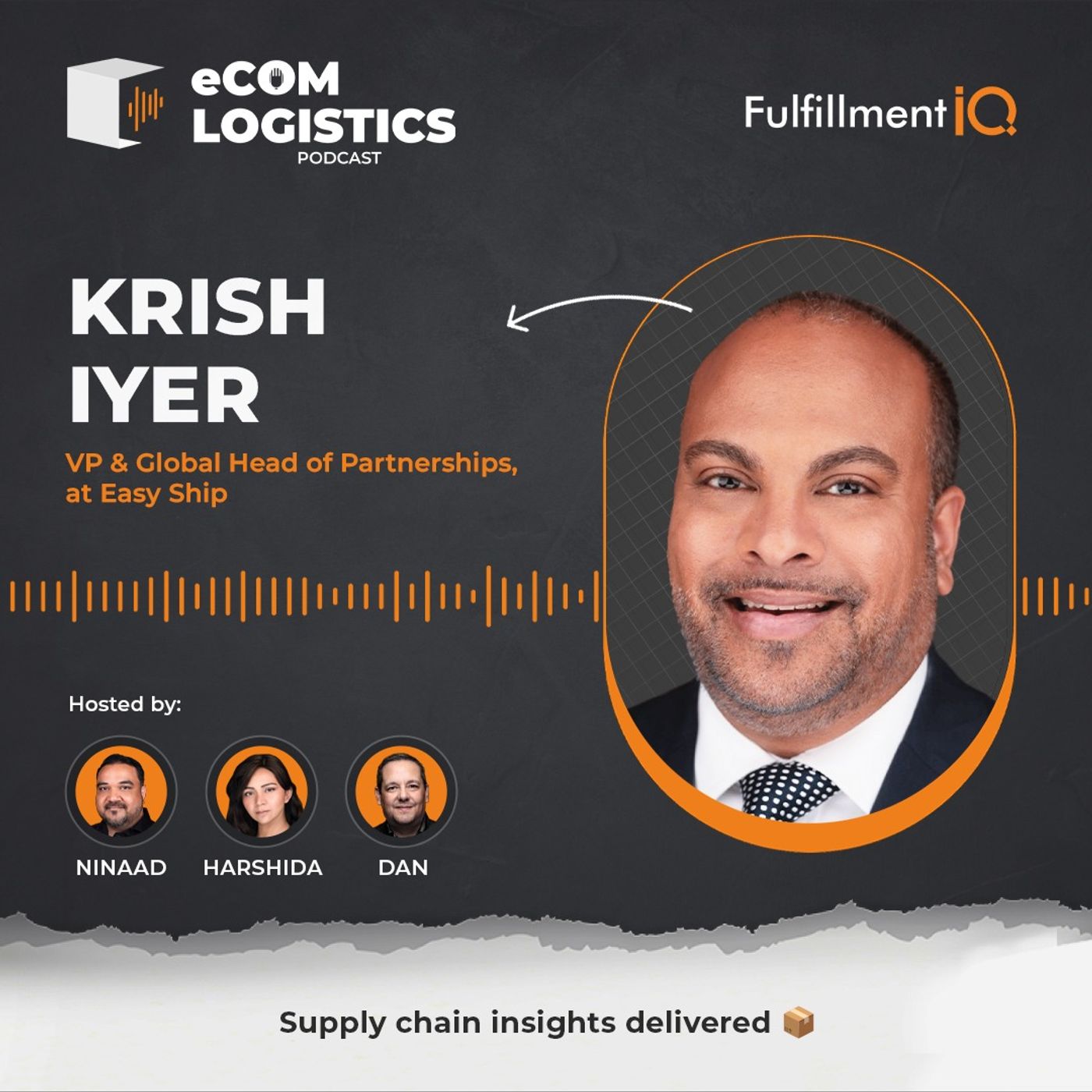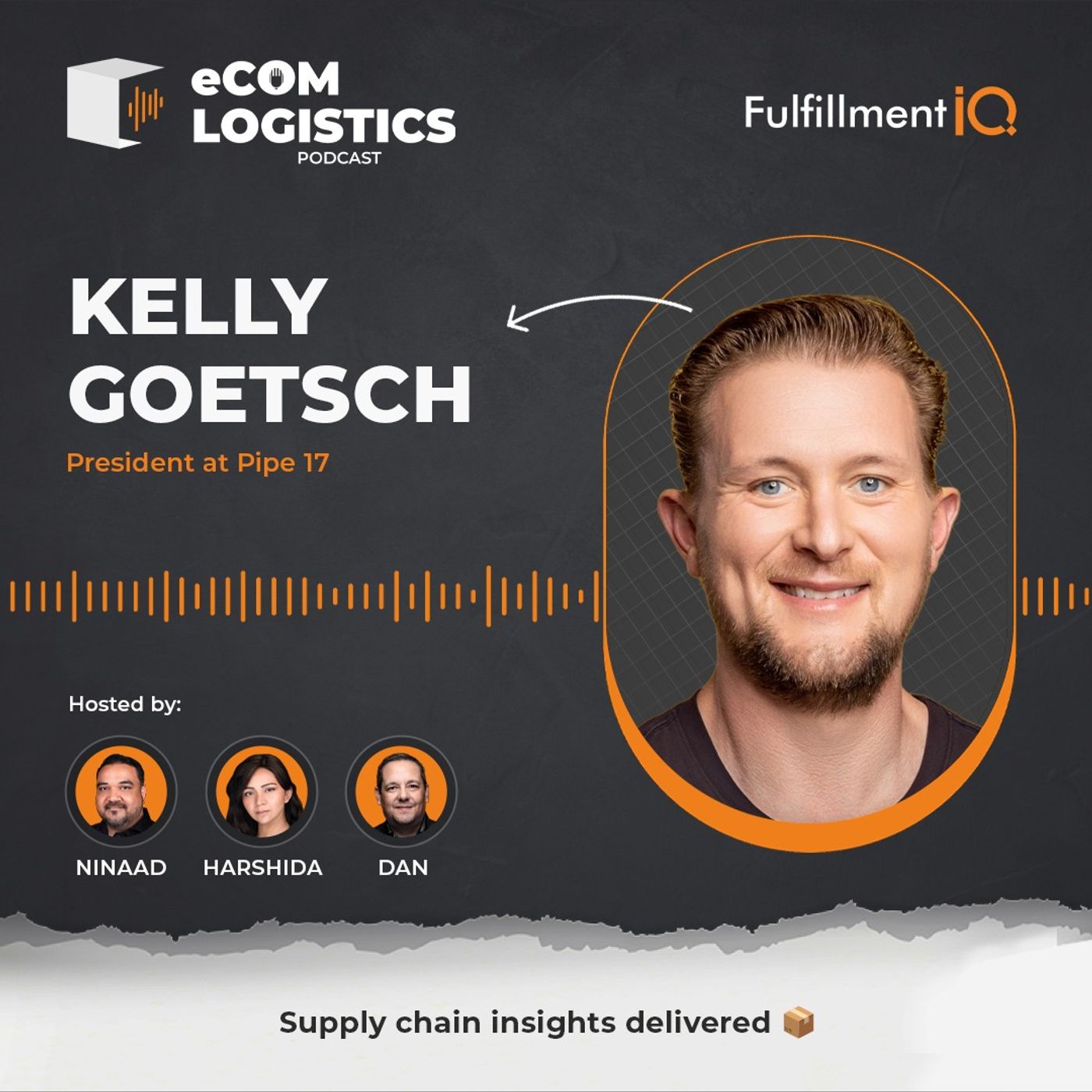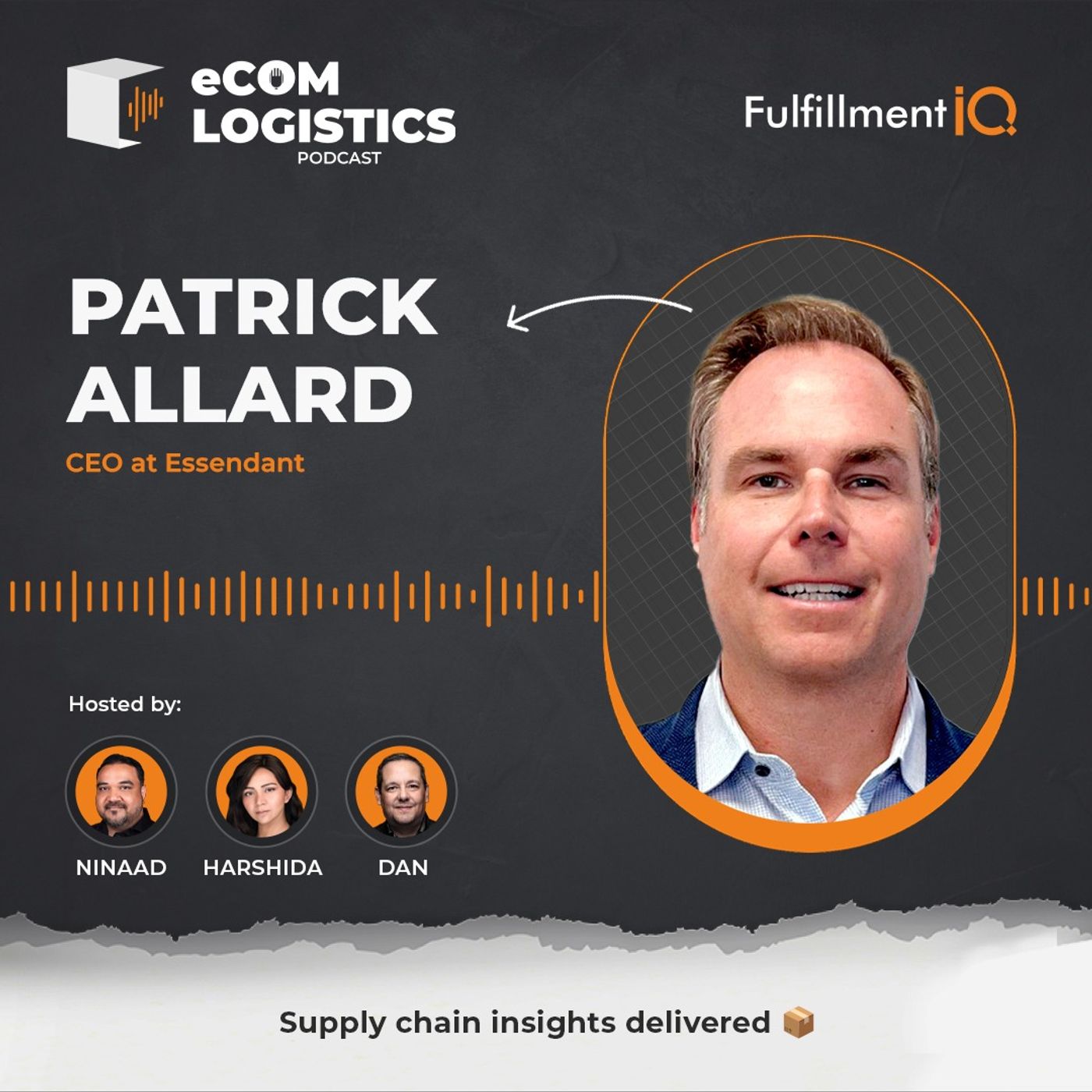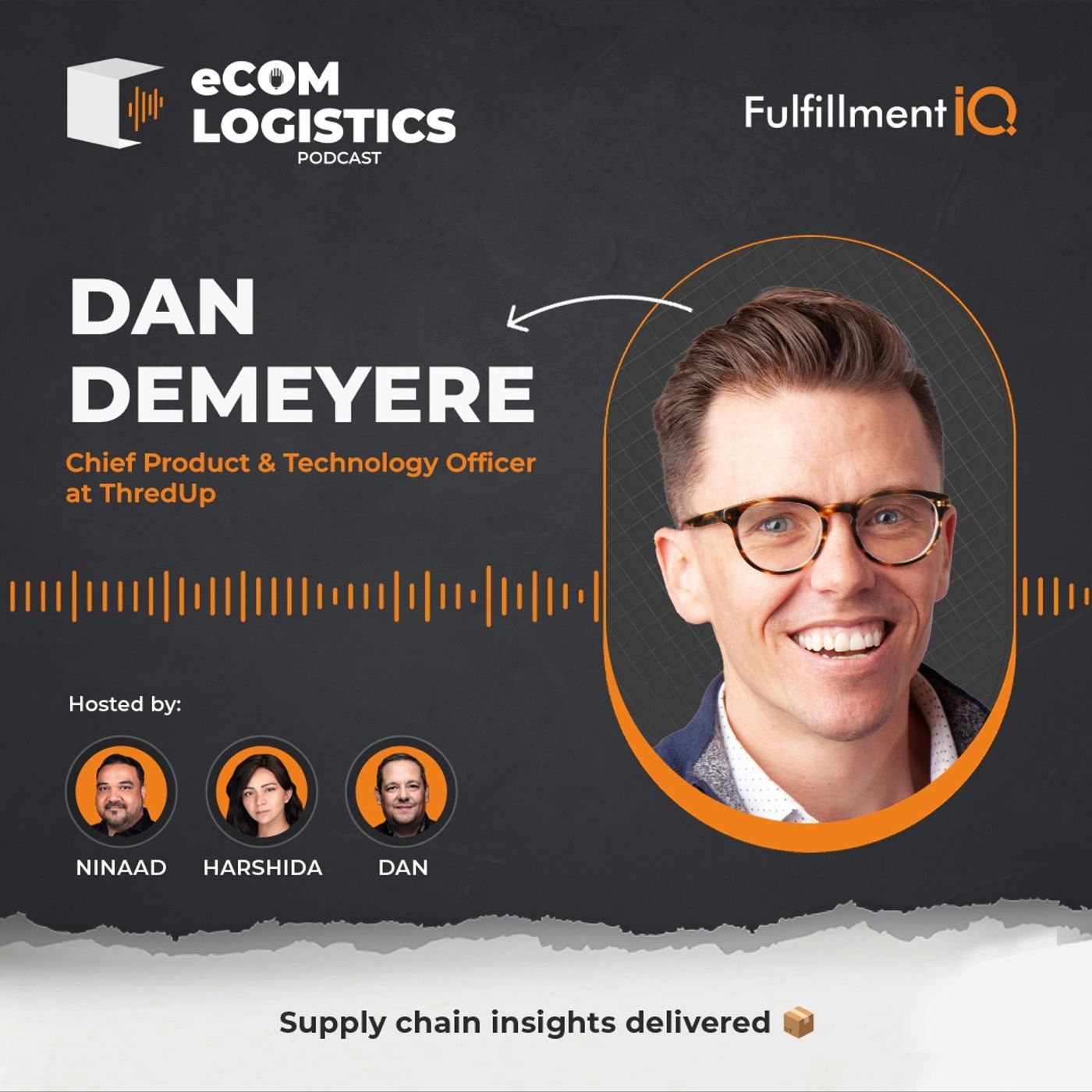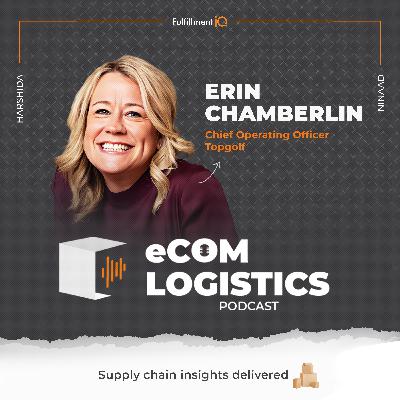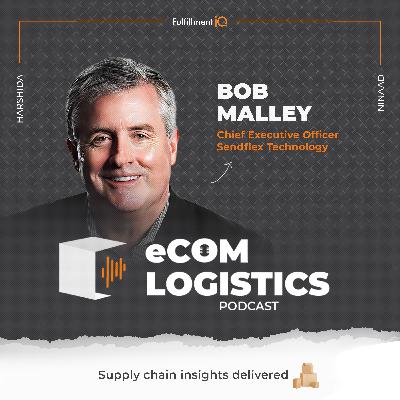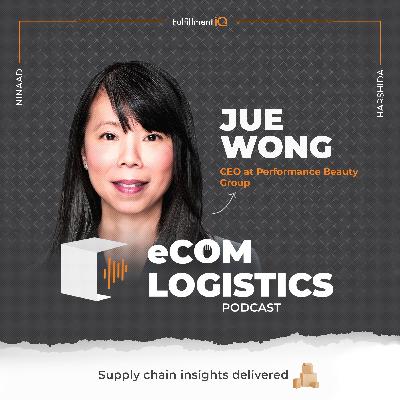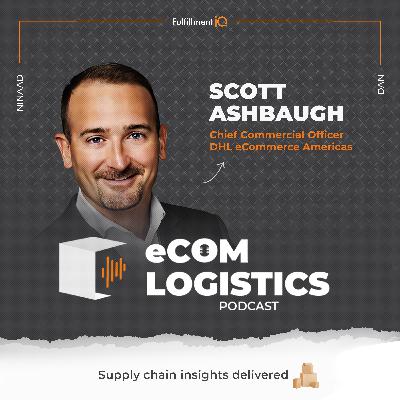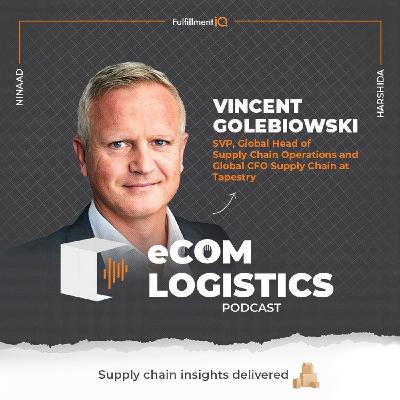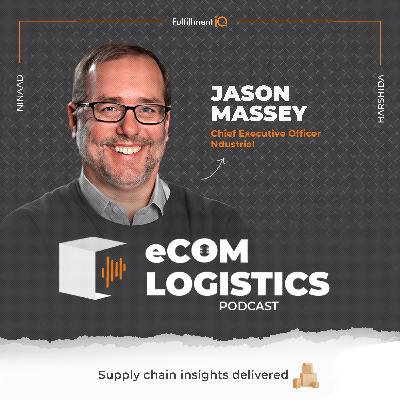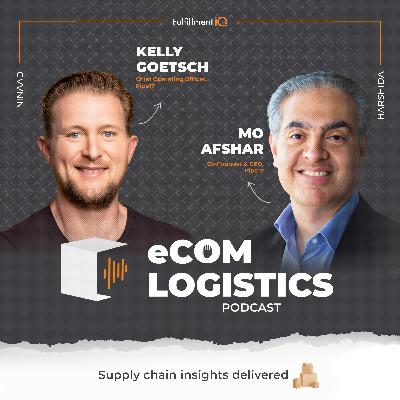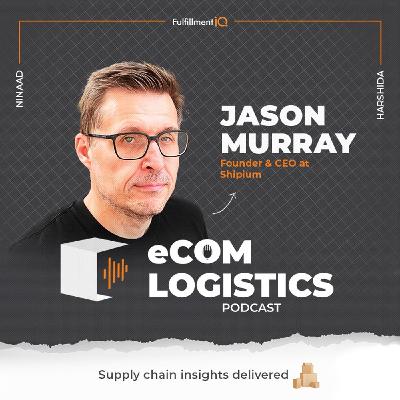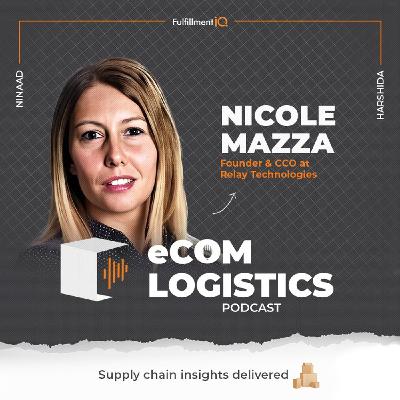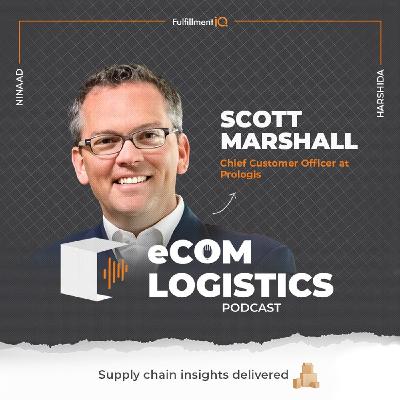After De Minimis: Krish Iyer’s Strategy for Peak-Season Cross-Border Costs
Description
What You’ll Learn
- How recent de minimis and tariff changes impact international customer behavior and brand pricing strategy
- The evolving complexity of cross-border returns and strategic decisions on return policies
- Carrier rate shifts: oversized fees, peak surcharges, dimensional weight changes, and their real cost impact
- Why accurate rates and delivery promise engines remain table stakes — and why most still fall short
- The role of AI in improving warehouse operations, HS code auto-classification, and carrier selection
- Insights on agentic AI’s potential to revolutionize e-commerce shopping and logistics decision-making
- How bundled logistics connects carriers, warehouses, and tech providers to streamline cross-border trade
Highlights
- [00:00:00 ] Intro
- [00:02:00 ] Advice navigating current cross-border chaos and customs tightening
- [00:04:00 ] Impact of tariff/de minimis changes on international shopper behavior
- [00:06:00 ] Preparing for peak season: item selection, returns policy, and brand impact
- [00:09:00 ] Strategies around secondary market liquidation vs. returns complexities
- [00:11:00 ] Carrier pricing updates, surcharges, and dimensional weight changes for peak season
- [00:14:00 ] AI’s growing role in warehouse efficiency and logistics decision-making
- [00:18:00 ] Advances in HS code auto-classification powered by AI
- [00:20:00 ] Agentic AI and its future impact on shopper intent and carrier selection
- [00:23:00 ] Importance of relationships and bundled logistics connecting tech, carriers, warehouses
- [00:25:00 ] Reducing returns through better product info, website UX, and AI applications
- [00:27:00 ] The painful reality of rates & delivery promise engines still lagging in 2025
- [00:29:00 ] Key 2025 e-commerce outlook takeaway focused on returns management timing
- [00:30:00 ] Closing, social links, and final thoughts
Quotes
- [00:03:45 ]: “The retailers who are taking it seriously and really are trying to make that good faith effort are the ones that are gonna succeed. They’re trying to adapt to new normals, new narratives, and trying to get a hold of it first rather than just throwing up their hands.” - Krish Iyer
- [00:07:30 ]: “What are my return costs? What are my processing costs? How badly do I need that item back in my inventory for resale? And what’s gonna be my brand experience if I have a ‘keep it’ philosophy?” - Krish Iyer
- [00:27:30 ]: “If you ship more than a hundred units a day, you should have the technology capable of actually making a commitment as to when the shipping is going to happen. That should be absolute table stakes for anyone that does meaningful volume.” - Ninaad
- [00:19:15 ]: “If you give more data and granularity around what you’re shopping for—the intent, what it’s being used for—you can get some pretty good answers from agentic AI.” - Krish Iyer
About the Guest
Krish Iyer is the VP of Global Partnerships at EasyShip, where he supports brands scaling cross-border e-commerce logistics. With a career spanning FedEx, Pitney Bowes, and ShipEngine, Krish brings a comprehensive industry perspective on strategy, carrier integration, and international fulfillment. Known for blending deep operational insight with a human-centered approach to logistics, he’s also a repeat guest on this show.
Links Mentioned
- Krish Iyer LinkedIn: https://www.linkedin.com/in/globalkrishna/
- EasyShip website: https://www.easyship.com/
- Previous episode with Krish Iyer: https://ecomlogisticspodcast.com/podcast/unboxing-e-commerce-efficiency-with-krish-iyer/
Subscribe and Keep Learning!
If you’re a logistics leader looking to scale sustainably, don’t miss out! Subscribe for more expert strategies on tackling modern supply chain challenges.
Be sure to follow and tag the eCom Logistics Podcast on LinkedIn and YouTube

